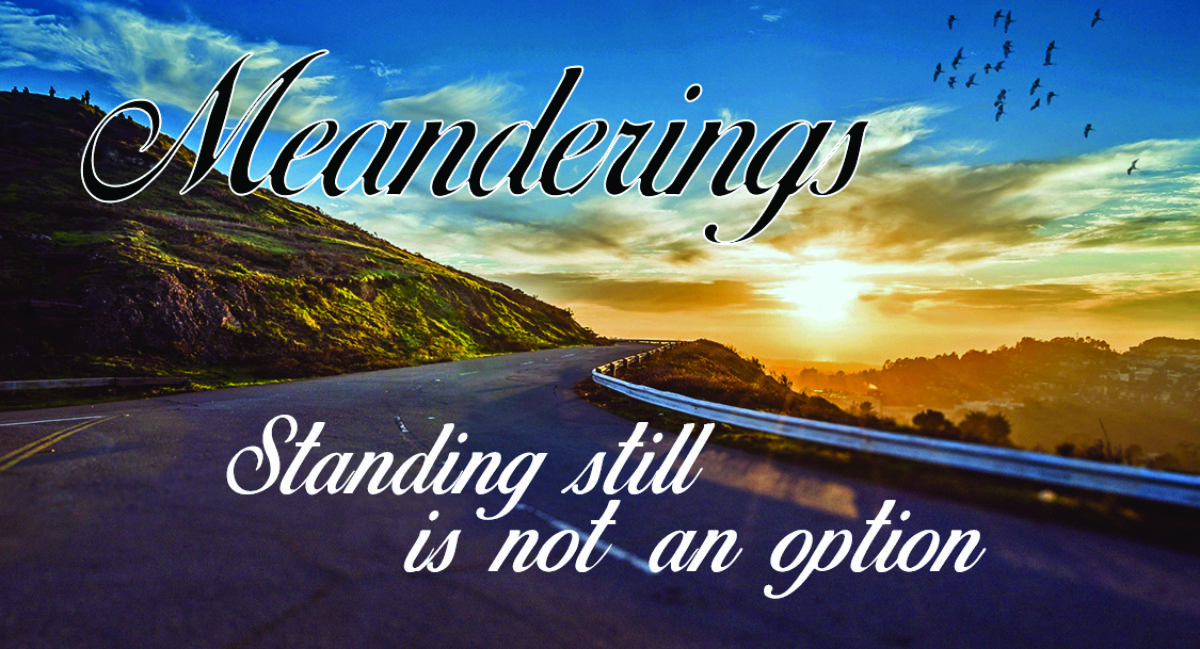It was almost two weeks after my Bert and I had been apart that I got a call reminding me of an appointment. It came from someone I consider to be a friend though I met her only because my Bert has Alzheimer disease. As we confirmed the appointment she ended by saying: “I will also be bringing a special gift for you.”
“Oh? What is it?
“I cannot tell you. It’s a surprise.”
I was curious. I like getting gifts. Who doesn’t?
The day arrived. My friend came in with a big smile.
I had waited in anticipation so after the hugs and the greetings I said: “OK, what is it?”
“This is a gift from your friends at the Adult Day Programme. It is a CD of Bert and the music therapist singing Paula’s Song. They worked together and Bert helped her with the words. He insisted on some of them and with a bit of coaching and patience they made up this song for you. They recorded it. You can hear Bert singing on it to you. It truly is from him to you.”
She handed me a CD case. On the cover there is a wedding picture of Bert and myself. There is a white column on the left that says “DEAR PAULA”. On opening the case there is the CD with the title “Paula’s Song”. On the left hand side behind the photograph are the words of the song. It is a familiar tune.
Chorus
You are my sunshine, my only sunshine,
You make me happy when skies are grey.
You’ll never know dear how much I love you,
Please don’t take my sunshine away.
She’s always happy, my beauty lady
We stick together like a lock
You make me happy, oh dear Paula
I do love you oh so much
Chorus
You’re always with me my favorite person
We have travelled all the world
You’re always smiling, and you are happy
You bring joy to all of my world.
Chorus
Sometimes, love, the world ain’t easy
Please take care and watch your step
Don’t go out late, love, and please be careful
I want you safe and here with me.
I read the words. Tears trembled on my cheeks but did not fall. Through my blurred vision a voice heard in my heart told me this was from my Bert to me. These were his words made coherent by a music therapist who concentrated on his love and with patience got him to articulate it in this, my song, Paula’s song.
It was almost three weeks before I listened to the CD. As expected, it left me in tears. I heard my Bert with my senses. I saw him, I felt him. In my mind I could see how patiently he worked with the therapist to put this all together. I heard the hesitant voice on the verses except for a few words here and there. The vocals are stronger and clearer as he sang the well known tune and words of the chorus. I heard him in my heart.
I miss the goodbye ritual we did as I left him with that amazing staff at the Adult Day Programme with his final words always being:” See you soon, my Paula. Drive carefully.”
He took care of me. He still takes care of me in the limited but so precious ways he can. Now he has given me the number one song of the century that for me will never go off the charts. I see myself playing this when I am lonely, when I miss my Bert, when I think of my loss and I will smile through the tears. My Bert is the one that can always make me happy.
How can I thank the staff for this gift? I cannot, but I will always be grateful for this most precious gift of my Bert’s voice singing his song for me and to me.
The Meander: I have learned throughout this journey that some of the best caregivers are the staff and workers who care for our loved ones. The staff of our Adult Day Programme is among the best caregivers I know. My Bert and I thank you for this tangible and most precious gift of your tender loving care.


